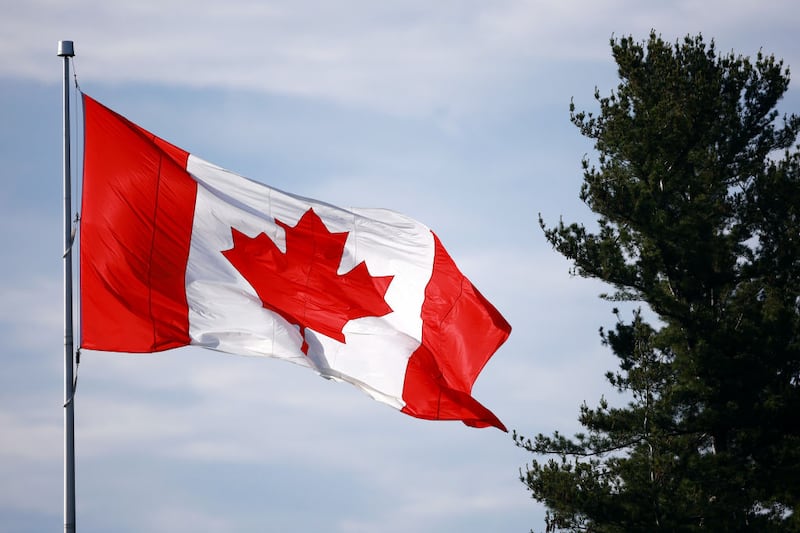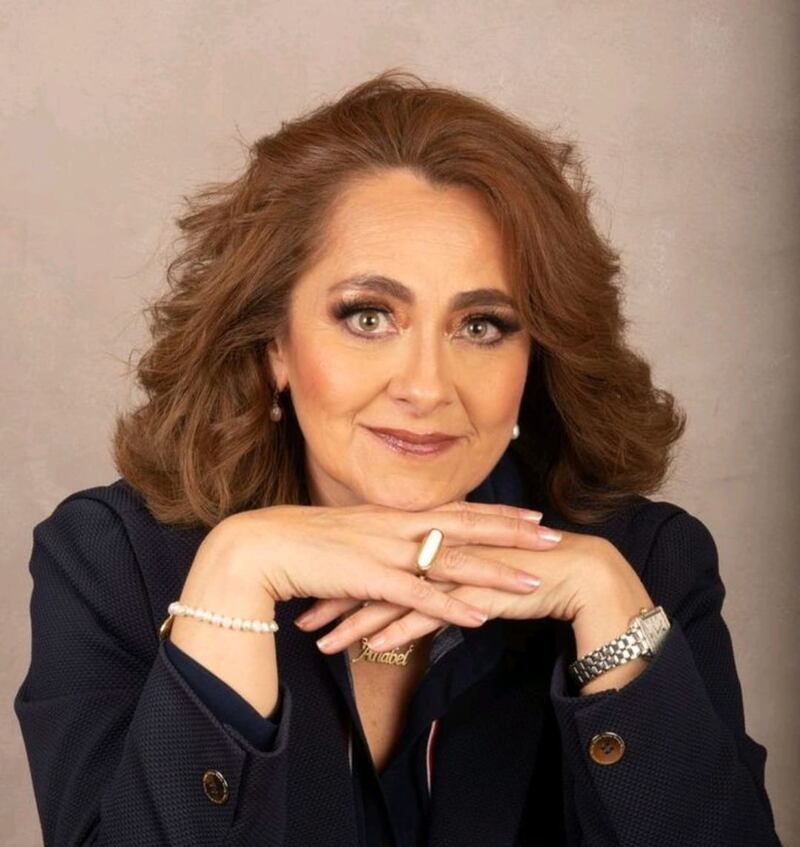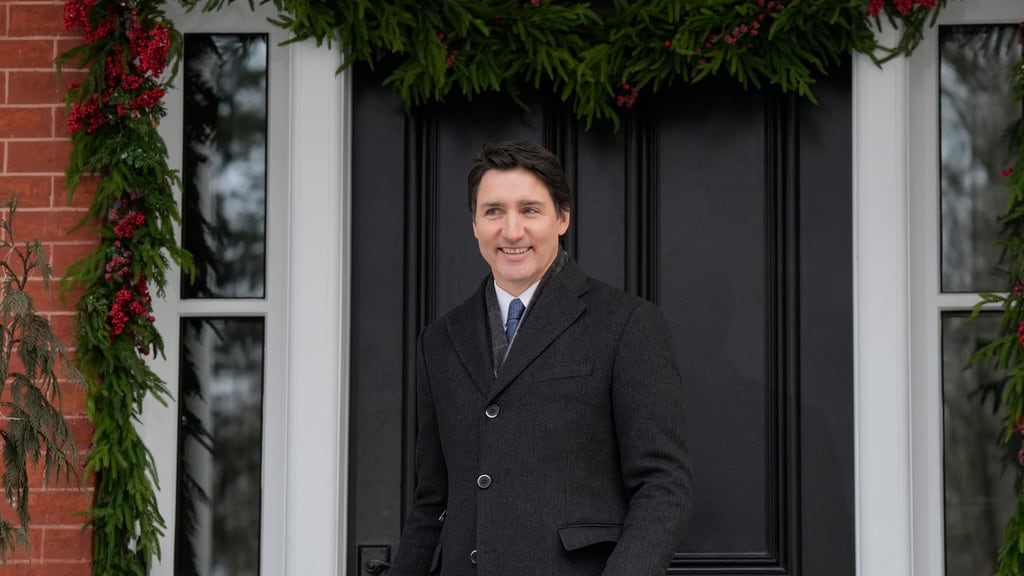Canadian Prime Minister Justin Trudeau announced his resignation on Monday amid growing discontent over his leadership, following the abrupt departure of his Finance Minister in mid-December which exposed increasing turmoil within his government.
PUBLICIDAD
Trudeau pointed out that it is evident to him that he cannot "be the leader during the next elections due to internal battles." However, he plans to remain as prime minister until a new leader of the Liberal Party is elected.
PUBLICIDAD
"I do not give up easily in a fight, especially one that is very important for our party and the country. But I do this job because the interests of Canadians and the well-being of democracy are something that I take very seriously," he stated at a press conference.
The activities of the Parliament, which were supposed to resume on January 27, will be suspended until March 24. The break will allow for a leadership contest within the Liberal Party.
The three main opposition parties have indicated that they plan to overthrow the Liberal Party in a vote of no confidence when Parliament activities resume, so a spring election to choose a permanent replacement is practically guaranteed.
CHRONOLOGY
Key events that trace the rise and fall of Justin Trudeau in Canadian federal politics:
October 2013: Wins the race to become leader of the Liberal Party
Trudeau, son of former Liberal Prime Minister Pierre Trudeau, won the leadership of his party at a time when it was at its lowest point. The Liberals, who had been out of power for over seven years at that time, had fallen to third place in the House of Commons in 2011 for the first time.

October 2015: Leads the Liberal Party to victory in the federal elections
The liberals, led by Justin Trudeau, who campaigned with a message of change and hope, won the majority of seats in the federal elections, defeating the conservatives. It was the first time that the party in third place in the House of Commons won an election in Canada.
December 2017: Found guilty of conflict of interest
The Ethics Commissioner of Canada ruled that Trudeau had violated the rules on conflict of interest by accepting vacations, gifts, and flights from the Aga Khan in 2016. It was the first time that a prime minister had been found to have committed such a transgression.
February 2019: SNC-Lavalin Scandal
Former Justice Minister Jody Wilson-Raybould accused government officials of pressuring her to help construction giant SNC-Lavalin avoid a corruption trial. The issue led to the resignations of Gerry Butts, Trudeau's principal secretary, Wilson-Raybould herself, and Michael Wernick, head of the federal bureaucracy. Minister of Public Works Jane Philpott also resigned, citing a loss of confidence in Trudeau.
September 2019: The blackface scandal erupts
Shortly after the start of the 2019 election campaign, photos of Trudeau with his face painted black when he was younger surfaced. Trudeau, a proponent of multiculturalism, apologized and stated that his life of privilege had a "blind spot."
October 2019: Liberals reduced to minority in the Chamber
In the elections of October 21, 2019, the liberals were reduced to a minority in the House of Commons, which forced them to reach agreements with opposition lawmakers to govern.
August 2020: Finance Minister resigns
Finance Minister Bill Morneau resigned amid tensions with Trudeau over the amount of funds needed to help Canada recover from the COVID-19 pandemic. Morneau had also faced criticism over his ties to a charity chosen to manage a scholarship program for students.
September 2021: Does not regain the majority in the House of Representatives
Elections in Canada are supposed to be held every four years, but Trudeau called for a national vote on September 20, 2021, hoping that the electorate would reward his government for its handling of the pandemic. The attempt failed, and he was elected with a second consecutive minority.
July 2023: Liberals lose popularity
Surveys showed that the liberals were only slightly behind the conservatives in the first half of 2023. In July, amid growing signs of voter fatigue, the gap suddenly widened and it became increasingly clear that a defeat in 2025 was likely.
June 2024: Liberals suffer a defeat in a special election
In a clear sign of the growing unpopularity of the Liberals, the party lost one of its safest seats in a by-election in Toronto. Trudeau made it clear that he would remain in office amid new questions about his future.
September 2024: A key ally withdraws its automatic support
The New Democrats, who had kept Trudeau in power in exchange for increased social spending, announced that they would withdraw their automatic support. This will force Trudeau to try to create new alliances to govern.

3 QUESTIONS TO:
Anabel Ortega, Professor of International Relations
Universities: Iberoamericana and La Salle
1. Do you think it was a good time for Justin Trudeau to resign as leader of his party and as prime minister?
I believe that it was even delayed. I think it was a measure that should have been taken a long time ago. Liberals should have been more forceful with their discontent, as many sectors of society were showing. He leaves as a worn-out prime minister, who lost control of different crises: political, economic, housing, inflation, migration, etc. And in the face of a government engulfed in crises and conflicts, the statements of the president-elect of the United States did not help.
2. Having been a very popular and charismatic prime minister at one point, he will leave office with very low approval ratings, amidst a lot of discontent...
He was a successful prime minister, who at one point had many liberal successes. However, he also faced difficult situations in a changing world. Although he will not leave the positions of leader of his party and prime minister on the best terms, I believe he will go down in history as an exemplary leader who faced adverse situations, such as the Covid-19 pandemic. He leaves a country divided amidst significant challenges, which could open the door to conservative movements or resurgences that are not part of the Canadian tradition.
3. What type of leadership does Canada need in the face of a more assertive and somewhat aggressive Donald Trump?
They will need a leadership of unity. In recent weeks, he was called ‘governor’ of Canada by the next president of the United States, humiliated, degraded... The people and provincial governments will need to come together, not be divided, to face the political, economic, migratory, social, and commercial challenges that lie ahead, in order to negotiate from a position of strength and unity. That’s what Canada needs.
